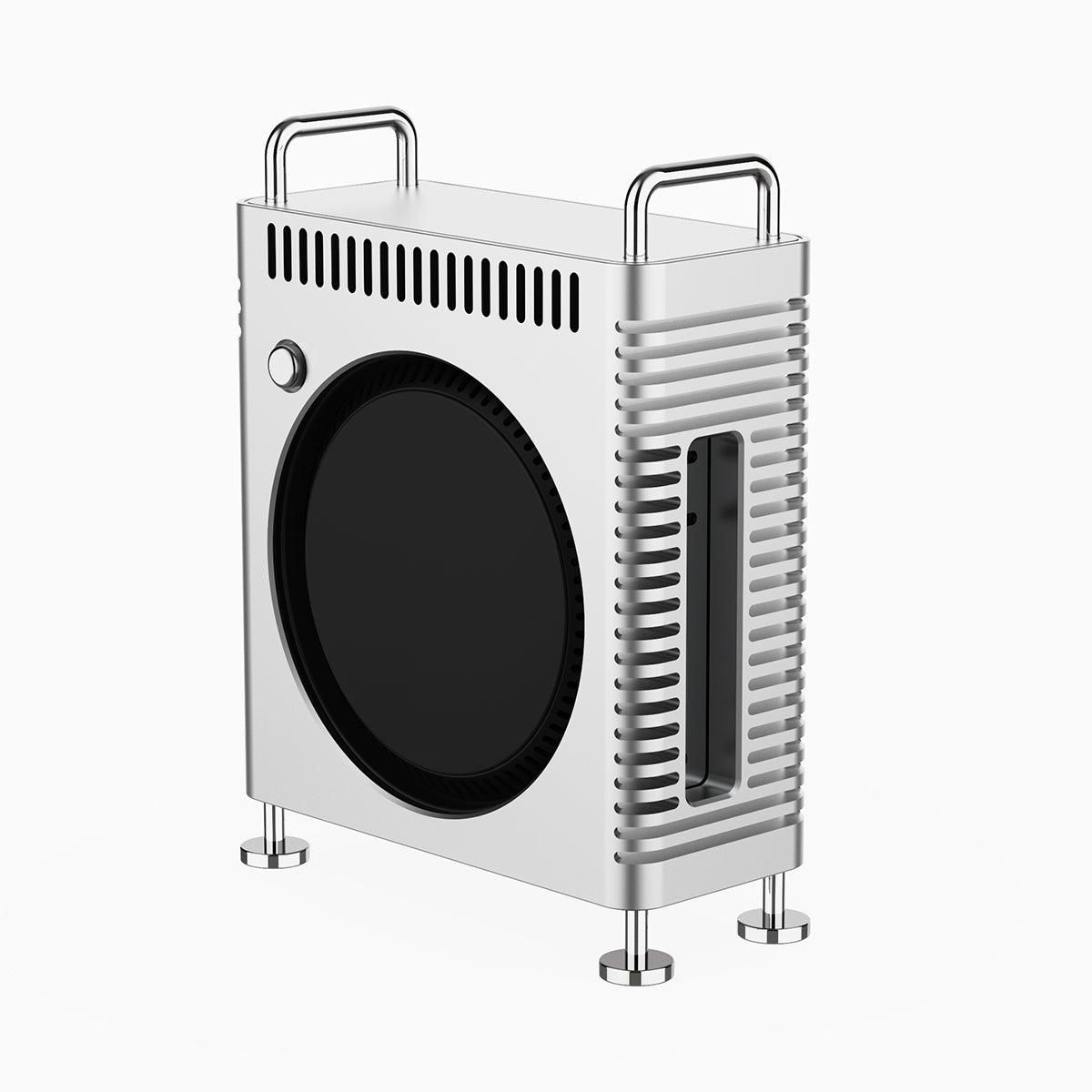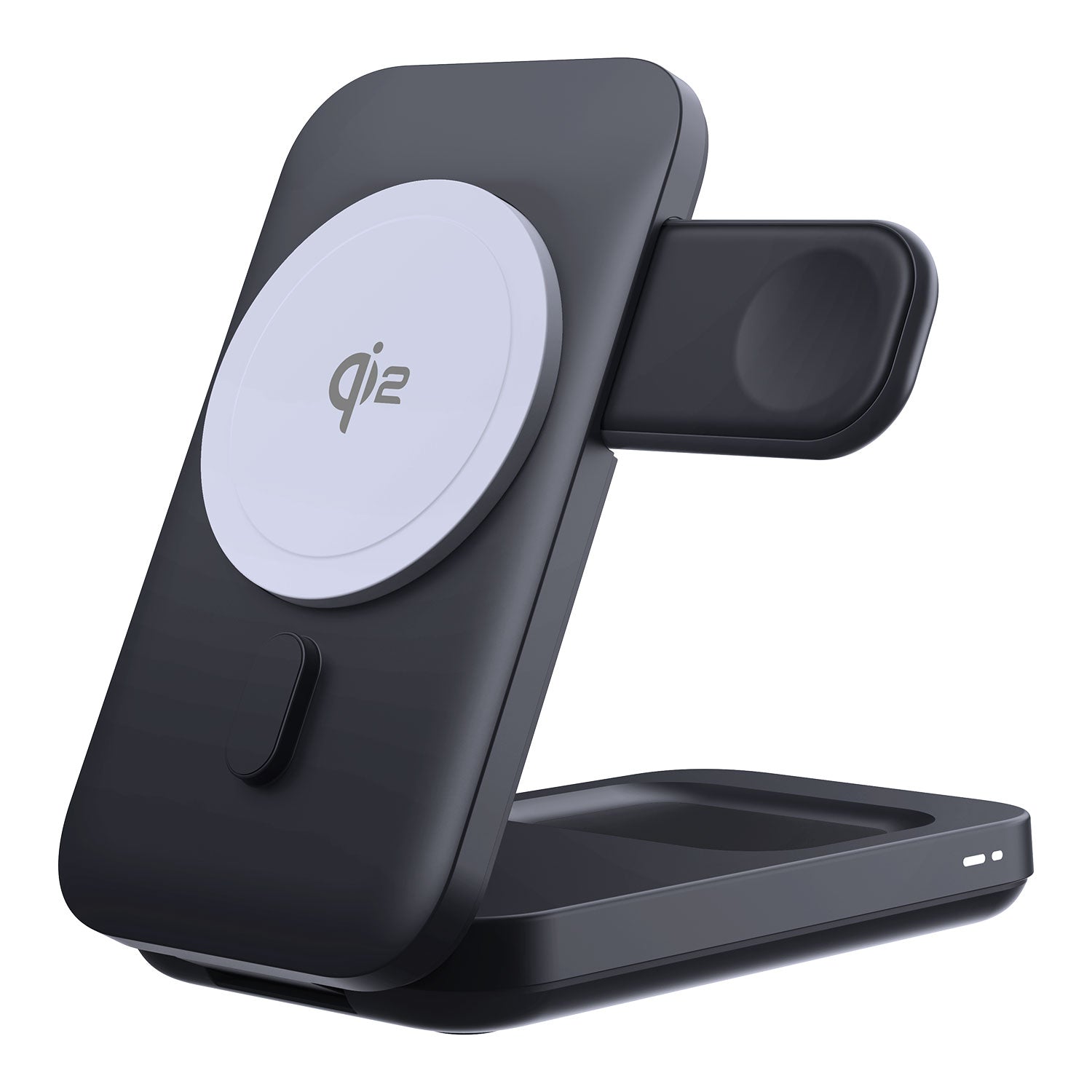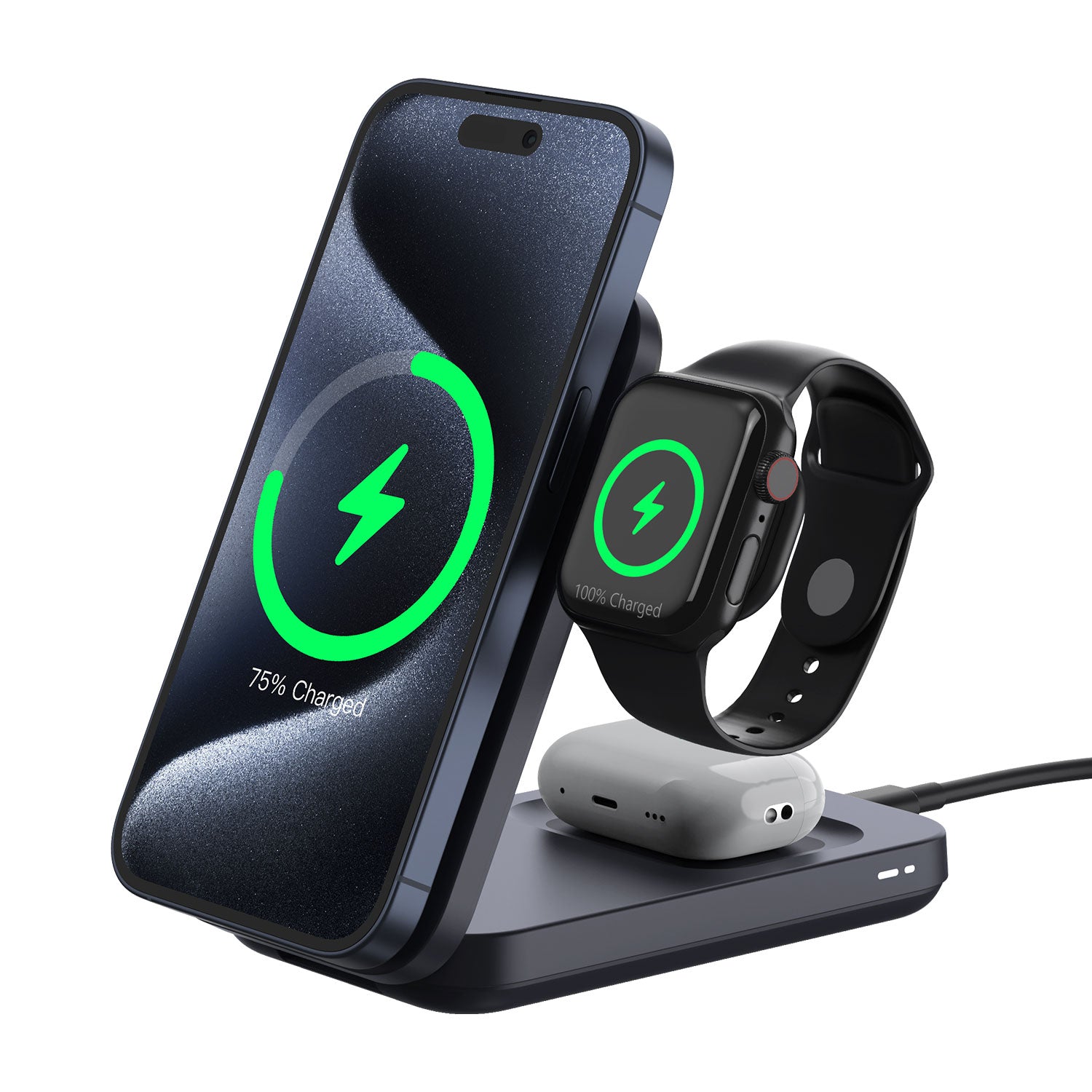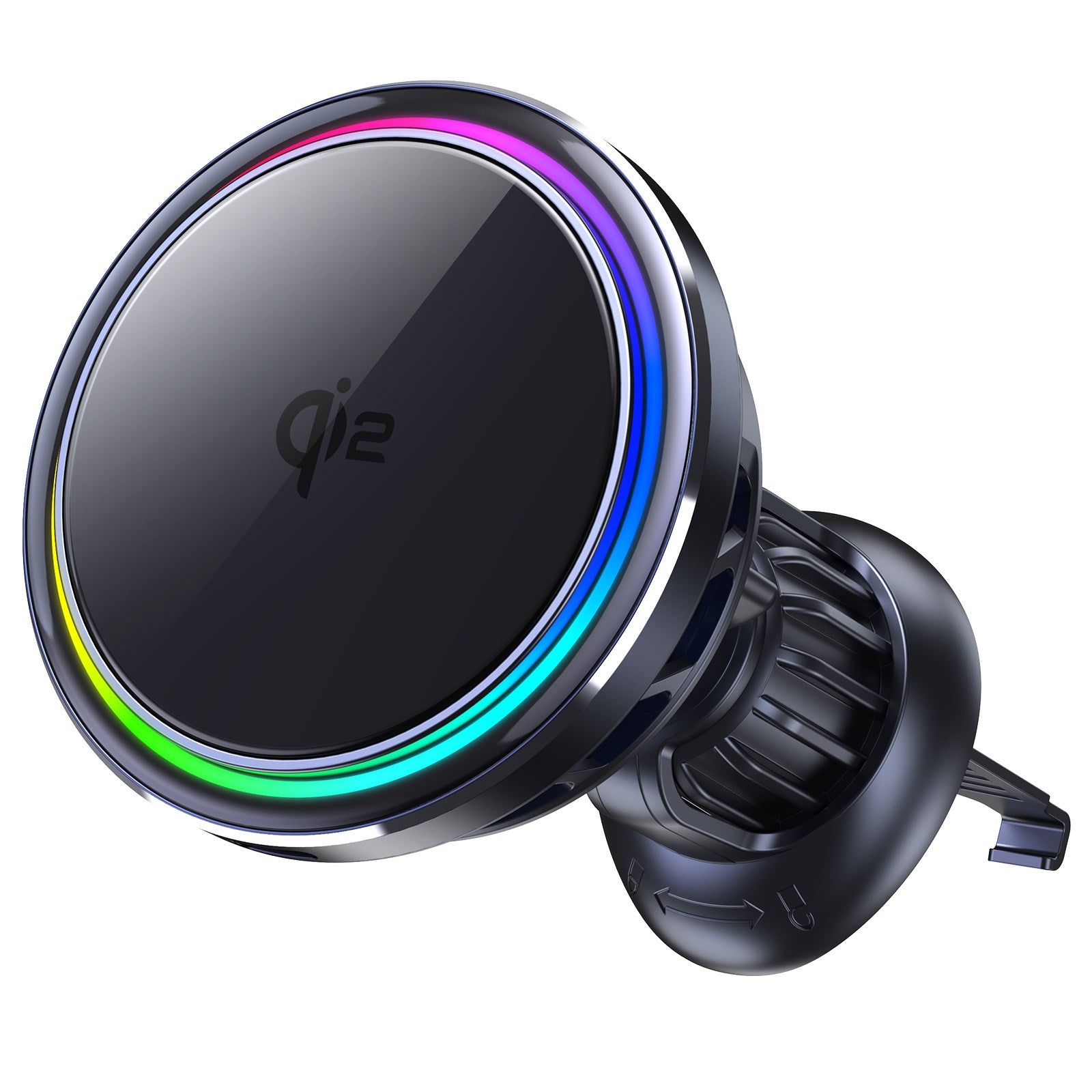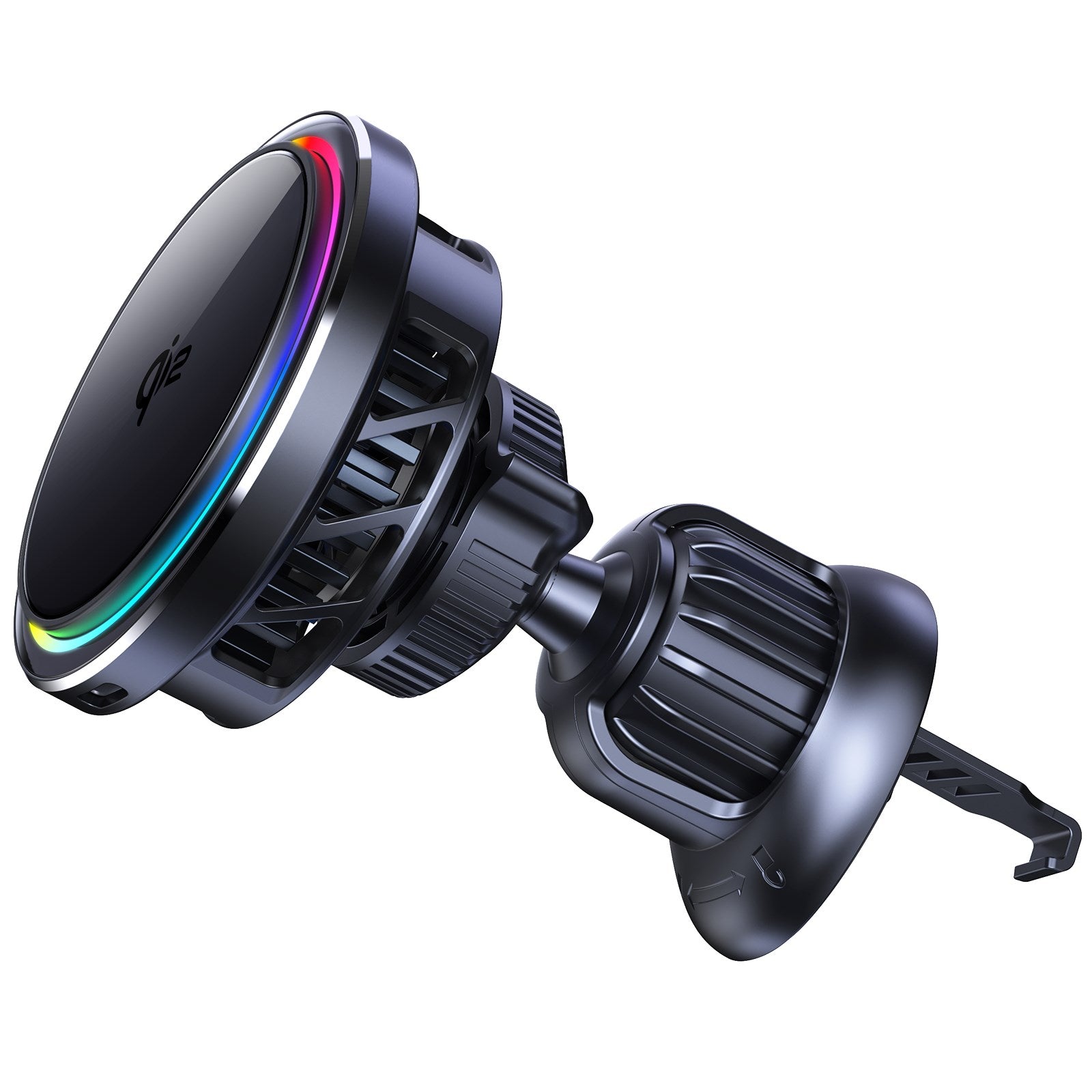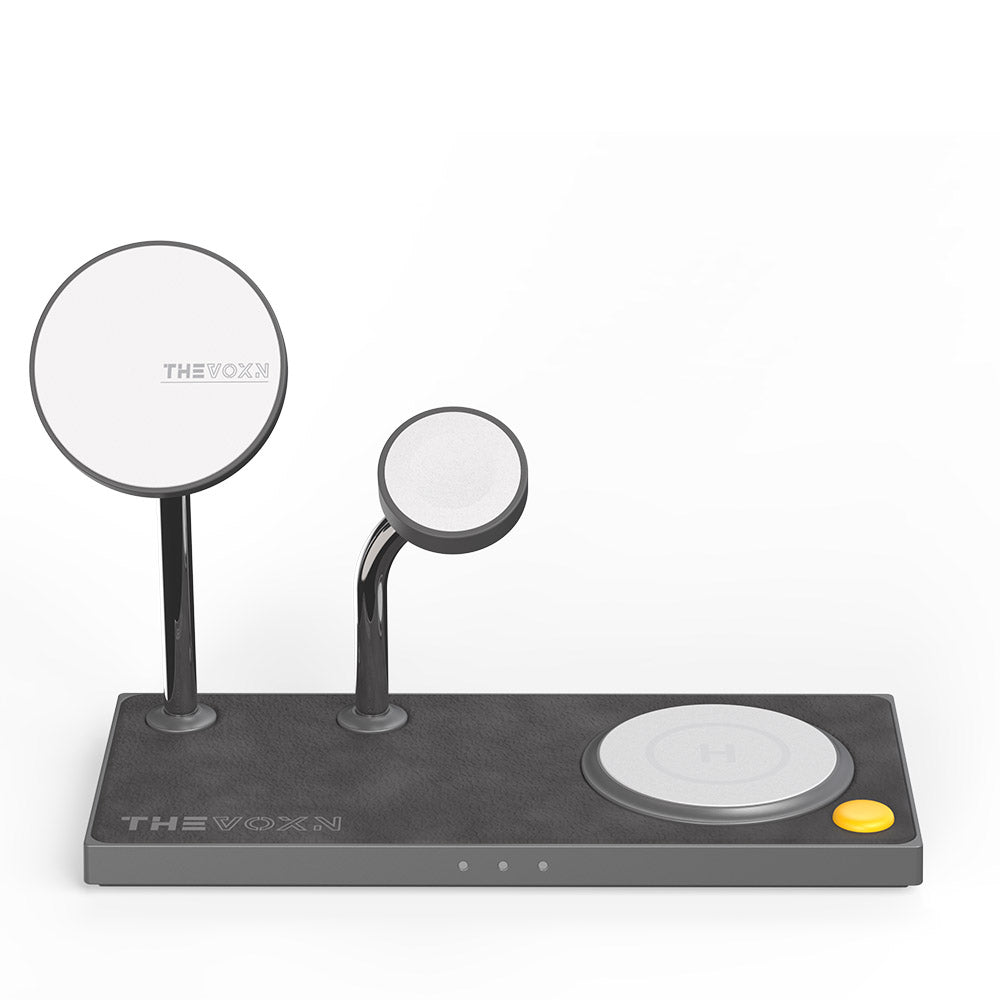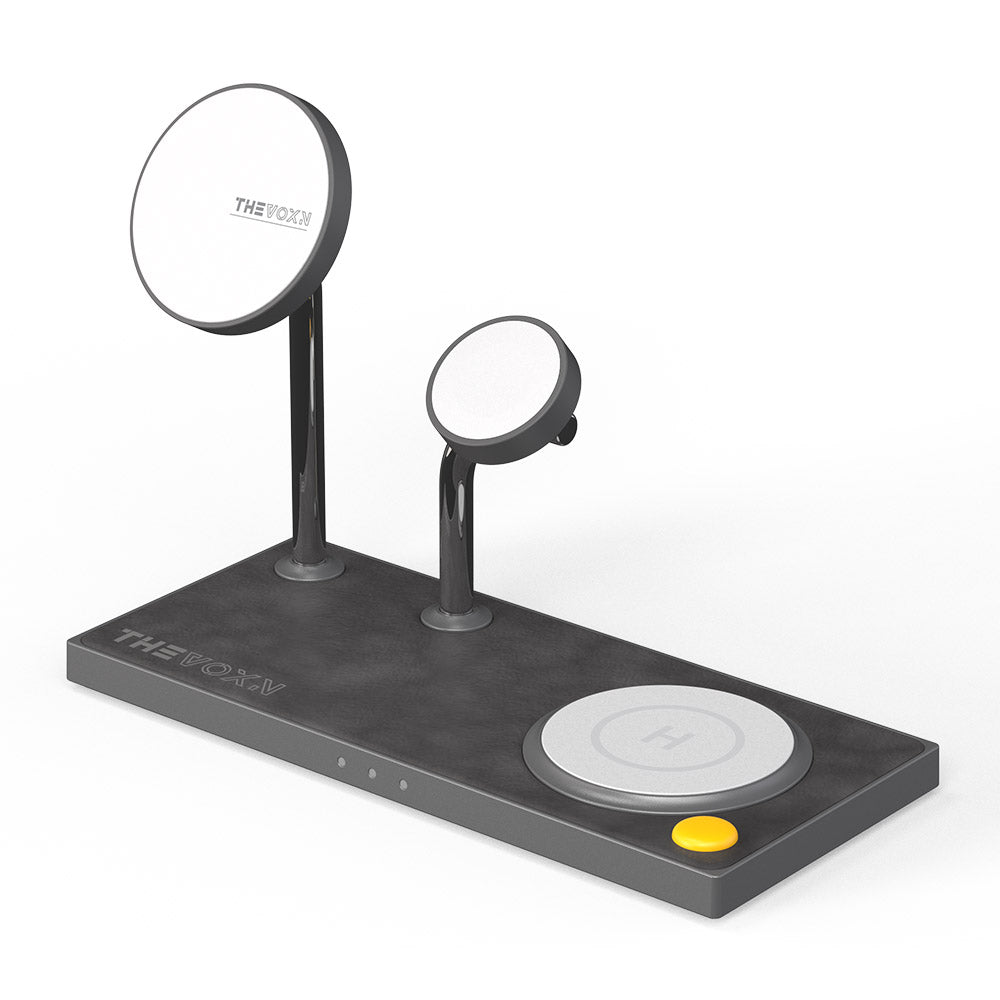If you're seeing a “PDP authentication failure” message on your iPhone, you're not alone. This frustrating error can prevent you from connecting to mobile data, sending texts, or even making calls. But what exactly does it mean — and more importantly, how can you fix it?
In this blog, we’ll explain what PDP authentication is, why this error happens, and walk you through the proven steps to resolve it.

What Is PDP Authentication?
PDP stands for Packet Data Protocol. It’s part of the mechanism that allows your iPhone to access mobile data networks like 4G LTE or 5G. When you turn on mobile data, your iPhone tries to establish a connection with your carrier’s servers using PDP authentication.
If something goes wrong during this process — like invalid settings, SIM issues, or network problems — you’ll see the “PDP authentication failure” error.
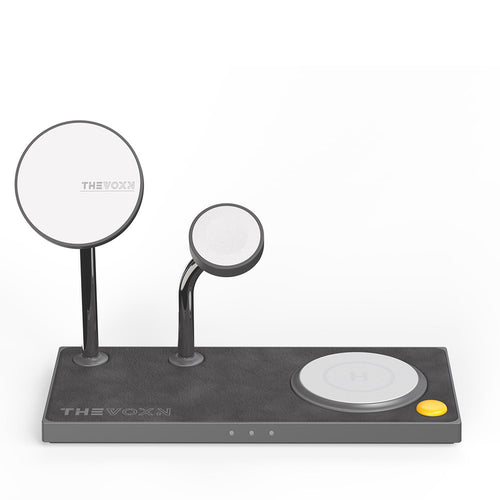
ZEERA x THEVOXN 5-in-1 Dual MagSafe Charger
5-in-1 Dual MagSafe Charger Stand for iPhone & AirPods & Apple Watch
Shop Now
Common Causes of PDP Authentication Failure on iPhone
Several factors may lead to this issue:
-
Incorrect APN settings
Your Access Point Name (APN) settings may be missing or incorrect. -
Carrier restrictions or issues
Your SIM card may not be activated properly, or your carrier may be experiencing temporary issues. -
Software glitches
Outdated iOS versions or corrupted network settings can also cause authentication failures. -
SIM card problems
A damaged or incompatible SIM card can block the PDP authentication process. -
Roaming or region-specific restrictions
PDP errors may appear if you're traveling abroad and your plan doesn't support international data.
How to Fix PDP Authentication Failure on iPhone
Here are the most effective steps to resolve this issue:
1. Restart Your iPhone
Sometimes, a simple reboot can fix network-related issues.
-
Press and hold the power button
-
Slide to power off
-
Turn it back on after 10 seconds
2. Check Your APN Settings
Go to:
Settings > Cellular > Cellular Data Network
Make sure your APN settings match your carrier’s official configuration. If you’re unsure, check your carrier’s website or contact support.
3. Remove and Reinsert the SIM Card
-
Power off your iPhone
-
Remove the SIM card using a SIM eject tool
-
Wait 30 seconds and reinsert it
4. Reset Network Settings
Go to:
Settings > General > Transfer or Reset iPhone > Reset > Reset Network Settings
⚠️ This will remove all Wi-Fi passwords and VPN settings.
5. Update iOS
Go to:
Settings > General > Software Update
Make sure your iPhone is running the latest version of iOS, as some carrier settings are bundled in system updates.
6. Contact Your Carrier
If the problem persists, your SIM might not be provisioned correctly, or there may be a carrier outage. Ask them to check:
-
Data plan activation
-
Roaming settings
-
SIM provisioning status
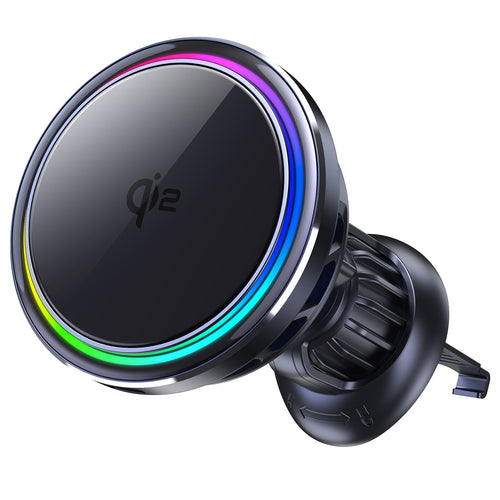
ZEERA SuVolt Gen5 Qi2 Car Charger
The Best Active Cooling MagSafe Charger with 15W Wireless Output
Shop Now
How to Prevent PDP Authentication Issues in the Future
-
Always keep your iOS updated
-
Avoid changing APN settings unless instructed
-
Use carrier-certified SIM cards
-
Enable automatic carrier settings updates
Final Thoughts
A PDP authentication failure on iPhone can be annoying, especially when you rely on mobile data for everyday tasks. However, with the right troubleshooting steps, it’s usually easy to fix. Start with checking your APN settings and SIM card, and if needed, reset your network settings or contact your carrier.
If you found this guide helpful, consider bookmarking it or sharing with friends who might face the same issue!


